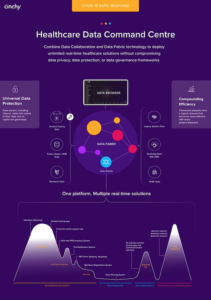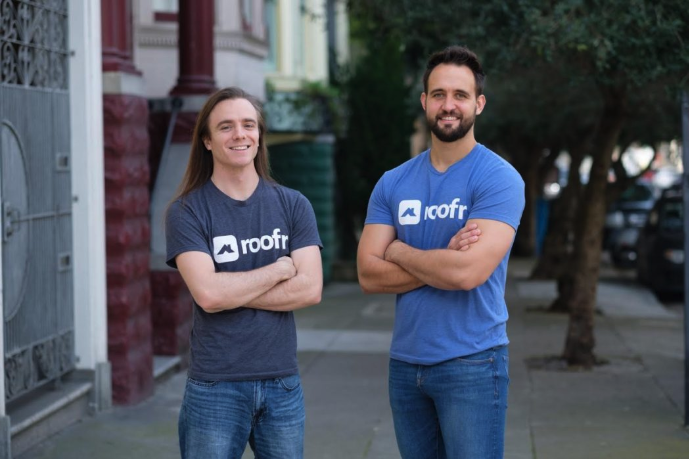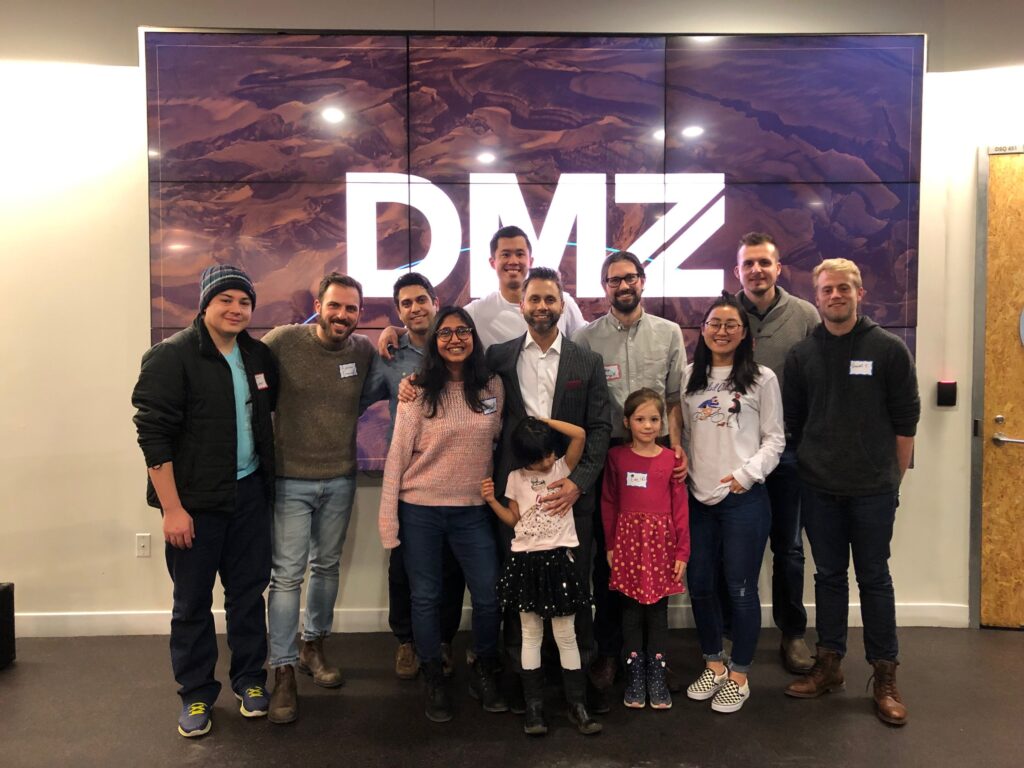It’s been yet another successful summer for aspiring student entrepreneurs in Basecamp, DMZ’s eight-week intensive student incubation program helping rising innovators create tech solutions to tackle some of the world’s most pressing issues.
It’s also been a summer like never before for Basecamp. This year, due to COVID-19, DMZ transformed the program into a completely virtual format. While Basecamp programming looked a little different than in previous years, the digital structure paved the way for new partnership opportunities with international organizations, allowing the DMZ to host over 40 rising student entrepreneurs from around the globe!
Keep reading to learn more about what made this cohort special, and hear from the winners about their Basecamp experience and what the future holds for their companies.
A 2020 snapshot
Basecamp 2020 received a record-breaking number of applications from high school and university students. Following a competitive application process, 41 student applicants across 26 company teams received acceptance to the program. This year’s cohort represented both high school and university students from several countries around the world – from Canada and the U.S., to Egypt, Syria, and even Japan!

Keeping in line with today’s emerging tech trends, Basecamp companies found themselves exploring a number of diverse and non-traditional industries: medtech, edtech, fintech, cleantech, and more. Teams all shared a common goal: to develop a technology solution that would drive positive impact and address some sort of social, economic or environmental issue that our society is faced with.
Over eight weeks, teams spent over 160 hours in workshops and with industry mentors to soak in as many new learnings as possible and turn their business idea into a viable startup company. Programming covered everything from problem validation and prototyping, go-to-market strategies, to pitching and storytelling.
Basecamp finalists
After a jam-packed summer, teams were given the opportunity to present a company pitch to a panel of judges for the chance to take home one of three grand prizes: $5,000 in business grant money and an accounting package from Logan Katz worth up to $13,000. Six finalists were chosen based on having a driven and coachable founding team, a robust business model, a unique market solution, and an effective business presentation, among other determining factors.
The six finalists included: A Friendlier Company, Snowball, ConchShell, Madaki, Project Lightbulb and Anaxa..
Basecamp 2020 grand prize winners
Following the final pitch presentation, the top three companies were selected by a new panel of judges as the Basecamp 2020 winners: ConchShell, A Friendlier Company and Project Lightbulb. Congrats to the winners!
Hear from the winning teams about their Basecamp experience and what the future holds for their companies.
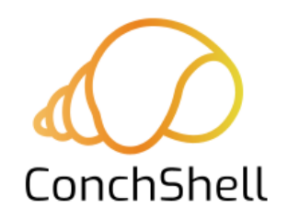
ConchShell
Founders: Jin Schofield and Sarvnaz Alemohammad
ConchShell is a real-time American Sign Language translator that helps the deaf and speech-impaired navigate life independently using a wearable bracelet. The bracelet tracks the user’s actions through sign language and voices a translation out loud for others to hear.
“ConchShell has developed dramatically since the beginning of the DMZ Basecamp program. We completed dozens of interviews for customer validation with ASL users, reached out to professionals in the industry, and developed software through DMZ’s various helpful workshops, as well as through connecting with the many amazing and knowledgeable people in DMZ’s Basecamp network. We learned to be bold in our decisions, develop thorough business models and pitches, and make the most of our potential!
In the next year, we intend to complete our first prototype and run, make two iterations of our pilot program, and open limited sales functionality. We are thankful for the DMZ for all of the guidance and direction we’ve received in the last two months. We could not have done it without the DMZ!”
– Jin and Sarvnaz, Founders, ConchShell
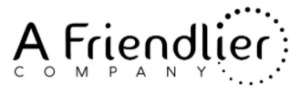
A Friendlier Company
Founders: Kayli Dale and Jacqueline Hutchings
A Friendlier Company is creating a smart, centralized reuse system to eliminate single-use food packaging waste. The company gives food service providers reusable takeout containers, and once used, A Friendlier Company handles all reverse logistics, washing, and redistribution for reuse. The containers are lightweight, stackable, and are competitively priced to disposable plastic containers. This zero-waste system generates up to 60% less greenhouse gas emissions than single-use alternatives.
“We’re excited to begin pilots with our reusable takeout system in the Guelph area with prepared meal companies and local restaurants. We have been accepted into Innovation Guelph’s Seeding Our Food Future program which focuses on creating circular economies, like our reuse system. Throughout the fall we will continue expanding and piloting with various food service providers to perfect our reuse system and gain consumer feedback. We are so excited to get started and reduce single-use plastic waste!
Basecamp prepared us to confidently pursue our business full time. The program introduced us to incredible speakers that were experts in fields like marketing, prototyping, personal branding, sales, legal, financing, and pitching. Our biggest takeaway was learning how to tell our story and brand through pitching. We learned that effectively communicating our idea is just as important as the idea itself and is key to our success as a company. The community of young entrepreneurs we worked with was incredibly supportive and inspiring. Thank you DMZ Basecamp!”
– Jacqueline Hutchings and Kayli Dale, Founders, A Friendlier Company
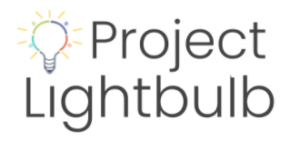
Project Lightbulb
Founder: Colette Benko
Project Lightbulb is a virtual science education that guides students through curriculum outcomes using hands-on experiments that only require paper and materials you will find in the environment. Project Lightbulb believes every child should have access to engaging education that fosters their curiosity and problem-solving skills.
“The next steps for Project Lightbulb will be to continue building our program by developing more experiments so that we are ready to begin piloting in the late fall.
I was very fortunate to meet so many like-minded youth that are working on incredible projects during my time at Basecamp. I am very inspired by my peers and I look forward to working with some in the future. Furthermore, I have learned many important skills and things to take into consideration when building a successful business. Prior to the program, I didn’t realize the importance of having a strong network. Basecamp allowed me to start building that network, learn new skills and continue to grow it as I move forward with Project Lightbulb.”
– Colette Benko, Founder, Project Lightbulb
Thank you!
Thank you to our 26 amazing teams who have accomplished so much over a short period of time and who made Basecamp 2020 a huge success. Congratulations on your achievements! We can’t wait to see what the future holds for you.
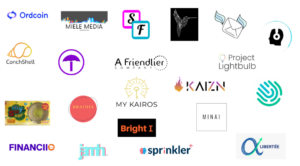


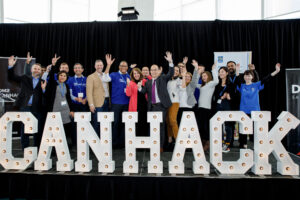

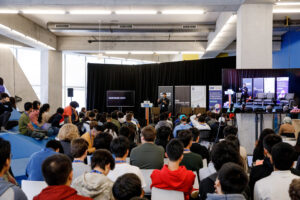

 Off2Class
Off2Class Fasken
Fasken
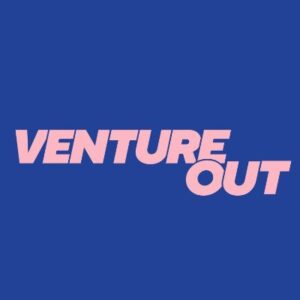 DMZ has partnered with
DMZ has partnered with  Andrew Wells is the CEO of
Andrew Wells is the CEO of 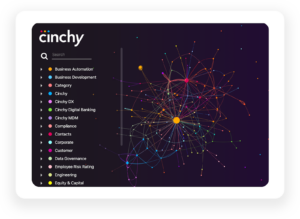
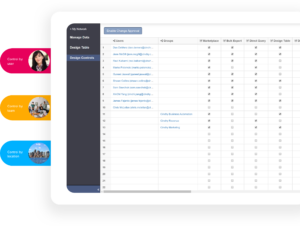 COVID-19: making a difference across industries in the months to come
COVID-19: making a difference across industries in the months to come